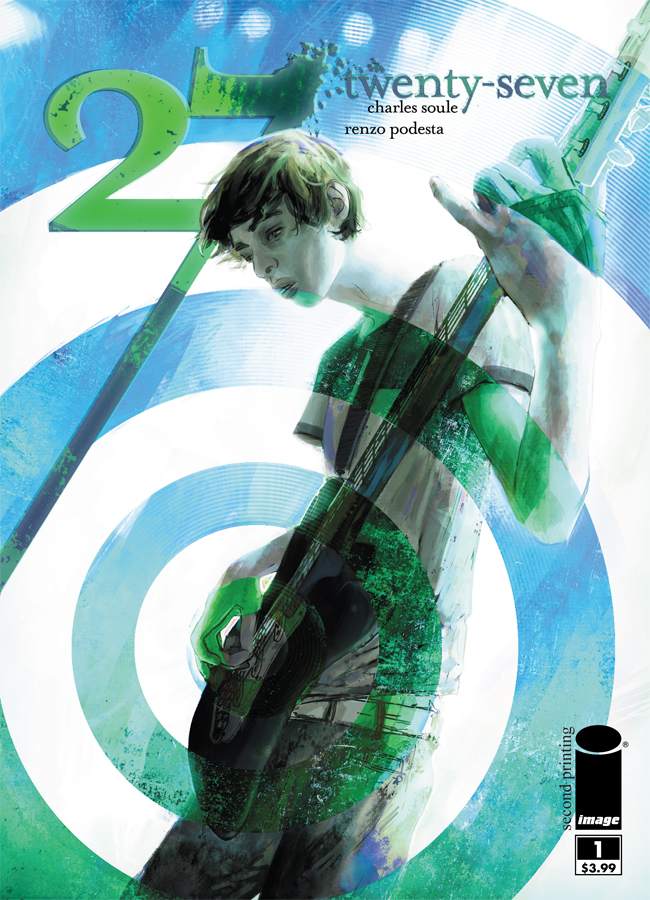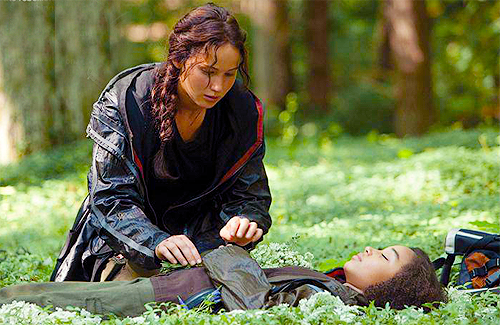DISCLAIMER: LEVEL 7 SPOILERS ABOUND BELOW. IF YOU HAVE NOT SEEN THE AVENGERS, DO NOT PASS GO, DO NOT COLLECT 200 DOLLARS, DO NOT READ THIS REVIEW...JUST GO SEE THE MOVIE ALREADY. THEN COME BACK HERE.
Finally. This movie is one I've been waiting for for over two years. Finally, it is here. And it was well worth every second of the wait.
I'll admit, I was intrigued, but not enthralled, by the concept of The Avengers back when it was nothing more than that - a concept in the far-flung future of Marvel's moviemaking arm. Then came Comic-Con 2010, and the announcement of Joss Whedon as the Avengers director. Color me ecstatic. I am a die-hard Whedonite, and I won't pretend otherwise. But that by no means translates to me loving anything Whedon does unconditionally (much as I might like to be able to).
Fortunately, The Avengers is not a film that requires blind, unconditional anything. All the positive buzz, the rave reviews and the sky-high box office numbers and roars of fanboy (and girl) approval? This film earns every single one of them. Is it perfect? No, it is not. But it comes damn close.
I've seen Avengers three times now - once in 2D at the midnight premiere, and twice in IMAX 3D. The film works in both mediums, but if you have the opportunity to choose, choose IMAX 3D. The format exists for movies like this one, and it is well worth the jacked-up ticket price to experience it. I don't typically throw my money at any movie in theaters more than once, especially not one in IMAX 3D - but this is the exception.
Avengers is Marvel's most ambitious movie to date. Its also fair to say that it is the most ambitious superhero movie ever made.This film had the potential for disaster to appear at every turn, and with a few small exceptions it avoids all the potential pitfalls of such a big-budget blockbuster film - something that, in the end, turns out to be a double-edged sword. 98% of this movie works like a charm, and that makes the few issues it has a little more noticeable.
One of Avenger's greatest strengths is also one of its greatest challenges: it is a superhero team-up movie. This means that anyone who saw and enjoyed Iron Man, Thor, Captain America, or (by some bizarre happenstance) one of the Hulk films, would have at least a passing motivation to see Avengers. Not to mention all the Marvel comics fans who grew up reading Avengers comics and have been salivating over the potential / fearing the ruination of a big-screen adaptation.
Moral of the story is, this movie needed to please an awful lot of people in an awful lot of different ways. That's exactly what it strives to do, and believe it or not, this movie succeeds.
Avengers has the unenviable task of juggling six main characters, and in true Whedon style, that's exactly what it does. Say what you will about Joss Whedon, but his talents at balancing ensemble casts in a spectacular and realistic manner is virtually unmatched - and The Avengers proves it time and time again. I think you would be hard-pressed to find any other writer/director working today who is better at understanding and portraying the multi-tiered challenges of a group of people who aren't quite normal. In one way or another, every character in this film, large or small, gets their chance to shine and by proxy prove their worth to the film. Put simply, the characters are not given chances to shine just because they are contractually obligated to appear - they each shine by virtue of their proper place in the story.
Whedon has been quoted many times as saying that what makes the Avengers so remarkable is the fact that by rights, they shouldn't work at all. Tony Stark isn't the only one among them who doesn't play well with others. Much of the film spends its time focusing on this truth. None of the core members of the Avengers Initiative are remotely comfortable or friendly with any of the others, and more often than not, that discontent is displayed through their violence towards one another.

I could go into rambling detail about all the things that work about this film and those that don't. After seeing it three times, I've pretty well solidified my thoughts on just about every aspect of the movie. But here's the thing: I've come to the realization that none of that 'critical' stuff really matters to me. Not when it comes to this movie. Sure, Avengers has its imperfections, some bigger than others. Sure, I can be nit-picky and play the neurotic geek about all sorts of things. But I don't need to. See, the thing is, this movie, as far as I'm concerned, is the greatest superhero movie ever, and one of the best movies to hit screens in a very, very long time. I get that this is a more-than- lofty claim, and it probably seems pretty silly to some of you reading this - just the gushings of a fanboy who doesn't know any better. I don't care. Even if a 'better' one comes along someday, The Avengers will always hold that top spot in my heart. Here's why:
I grew up loving things that were out of this world. I loved superheroes, the supernatural, and all the things that are just a little (and sometimes a lot) out of the ordinary. I still do. The heroes who are onscreen in The Avengers are some of the characters that I wanted to be when I grew up. Those heroes are the ones I looked to in high school while I was trying to figure myself out (which is still an ongoing process). They are the ones I look to now for inspiration for both myself and the creative work that I do. Superheroes are the ones who help me, to this day, to believe in something more. As Nick Fury puts it, they are the "extraordinary people" who come together to become something more, and by doing so, make people like me believe in the extraordinary.
There's one particular shot in Avengers that is ingrained in my memory even more so than the others, and I think it will help show why I feel the way I do about this movie.
It comes during the kickoff of the climactic battle in New York. Captain America, Hawkeye, and Black Widow are in the midst of a firefight while panicked citizens flood the streets. Cap asks Hawkeye, "You think you can hold them here?", and Hawkeye responds "Captain, it would be my genuine pleasure."
With that, Cap is off, racing down into danger because that's what he does, because it's what we need him to do - because he's a hero. Each time I saw this movie, this was the moment that (I'll admit without shame) brought tears of joy to my eyes. Cap runs down the street, brandishing his shield and dodging explosions, totally fearless, and every time, I thought to myself, this, right here, is just how I imagined it. That's the sort of mental picture I had of myself when I was a kid, running around the house in my superhero pajamas, saving the world. It's the way my minds eye brought the scenes in comic books to life for me. It's the sort of moment that makes me believe in heroes.
The Avengers reminded me what it means and what it feels like to be totally invested in what's happening on the screen in front of you. Every time Cap, Iron Man, Thor, Bruce Banner, or any of the others took a hit in battle, I felt it in my own bones. Every time Loki threatened the team or the Earth...I believed him. Each time I saw the film, I caught myself with my jaw hanging open in awe and wonder for minutes at a time. More than that, I wound up smiling so hard it hurt. This movie reminded me why I write, why I want to tell stories. It rekindled a sense of wonder in me, and that did more to cement my feelings on it than just about anything else.

I'll say it again, and I make no apologies: The Avengers will make you believe in heroes. If you already do, it'll renew that belief and bring it to new heights. If you don't...well, get ready to have your eyes opened. The world we live in can get nasty, cynical, and seem pretty hopeless. Sometimes, it's impossible to believe that good...no, that great, people still exist out there. The Avengers spends two and a half hours insisting that what we all want to believe is true. Great people - heroes - do exist.
That, above all, is what makes The Avengers truly amazing.
























